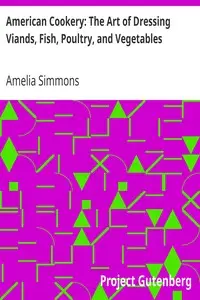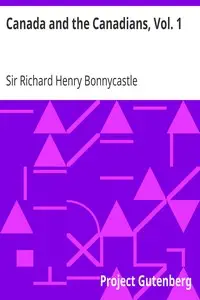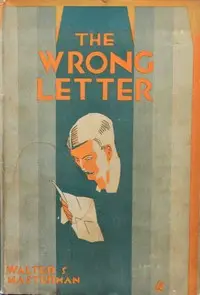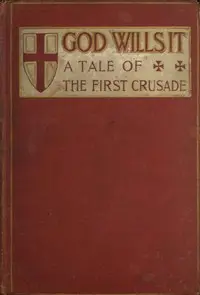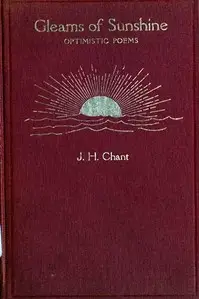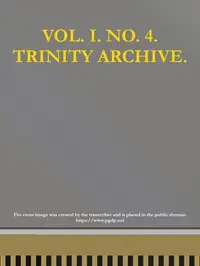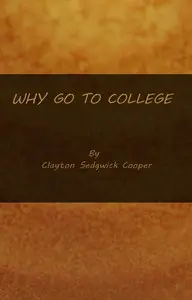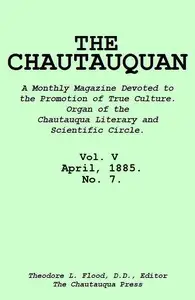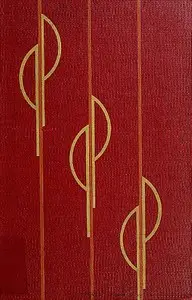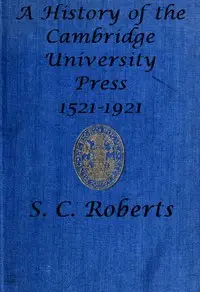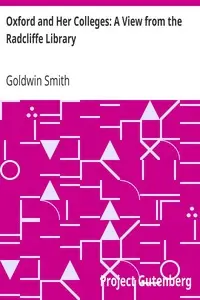"Essays on Educational Reformers" by Robert Hebert Quick is a scholarly work that forms part of the International Education Series, written in the late 19th century. This collection of essays explores the contributions and philosophies of notable educational reformers throughout history, aiming to analyze their impacts on modern educational systems. The book highlights how various figures have challenged existing norms and methodologies in education, ultimately seeking to inspire more effective teaching practices. The opening of the book sets a historical context, emphasizing the significance of the Renaissance period in shaping educational ideals that persist today. Quick discusses how the revival of classical literature and the associated shift in educational paradigms influenced not just classrooms but the very notion of what it means to be educated. He critiques the limitations imposed by a curriculum overly focused on classical studies at the expense of practical knowledge and the development of critical thinking in students. This critical examination lays the groundwork for a discussion about reformative figures in education, who have sought to balance the admirable aspects of classical learning with an awareness of the needs and potentials of contemporary learners. (This is an automatically generated summary.)
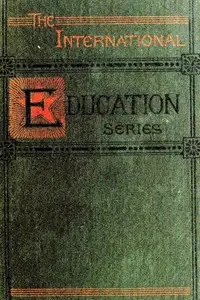
Essays on Educational Reformers
By Robert Hebert Quick
"Essays on Educational Reformers" by Robert Hebert Quick is a scholarly work that forms part of the International Education Series, written in the lat...
Robert Hebert Quick was an English educator and writer on education. Political history was the usual venue for Whig history of the sort that presented the past as a story of achievements accumulating to the present stage. However, Quick and G. A. N. Lowndes were the leaders of the Whig school of the history of education. In 1898 Quick explained the value of studying the history of educational reform, arguing that the past accomplishments were cumulative and "would raise us to a higher standing-point from which we may see much that will make the right road clearer to us".


